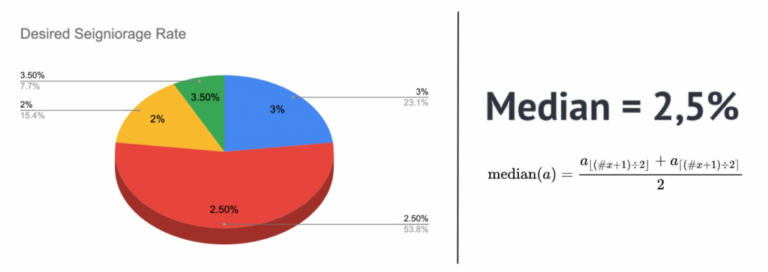High Return Seigniorage Funds as Market Makers

To facilitate the economic viability of increased rate accrual to seigniorage funds members, this funds, with the approval of their members, are allowed to act as market makers and use the fund assets to expose bilateral (buy-sell) quotations for CENTUS/XML/USD asset pairs to gain additional profit from price difference (dealing spread).
By the time of seigniorage rate capture all fund assets should be transferred back to official fund Stellar address.
The market activities of the funds must not prevent their members from withdrawing their assets as usual at any moment.
Every participant can act as a market maker and earn sure profits in CENTUS.
IMPORTANT: Further funds accrual amount will depend on their trade volume. In case of inactivity the fund seigniorage rate will be decreased through market-based methods on interest rates auctions among the funds.
What is market maker?
A market maker is a market participant that buys and sells large amounts of a particular asset in order to facilitate liquidity and ensure the smooth running of financial markets.
Market makers will have a certain amount of the asset (or assets) that they deal in. By displaying a buy and sell quote and executing trades at those prices rapidly, market makers can create a straightforward way to place trades.
They are most common in share trading but can also act in other markets. If we take the cryptocurrency market, a market maker can only sell the number of tokens that they can acquire themselves. However, they are obliged to meet the Normal Market Size (NMS) — the minimum number of tokens — which can vary from token to token. Coinger uses market makers for the pricing of CENTUS.
The meaning of market maker comes from the practice of setting market prices at levels needed for supply and demand to find balance. When markets become volatile, market makers have to remain stable and continue to be responsible for market performance, which opens them up to some risks. This is why market makers make their money by maintaining a spread on the assets that they enable you to trade, to compensate for the risk of buying an asset that may devalue.
Example of a market maker
A market maker may offer to purchase 10000 CENTUS from you at $0.01 each (the ask price) = $100, and then offer to sell them to a buyer at $0.0105 (the bid price) = $100.5. Though this is only a $0.5 difference, in high-volume trading, the profits will soon add up.


